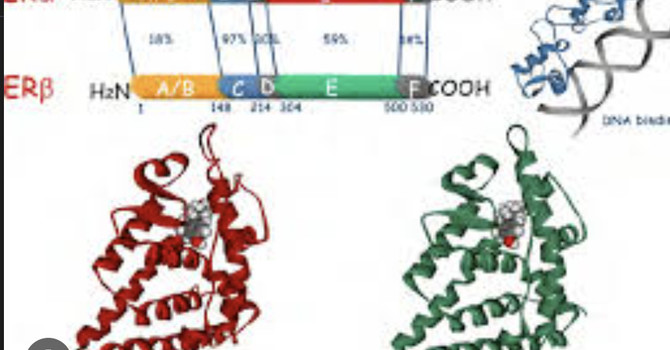
Imagine a plant wilting in the absence of sunlight, deprived of the vital energy it needs to thrive. This analogy isn't far off from what happens to our bodies when they're deprived of vitamin D, often referred to as the "sunshine vitamin." In my practice, I emphasize the importance of vitamin D, not just as a nutrient, but as a cornerstone of overall health, especially for women navigating the hormonal changes of menopause.
The Role of Vitamin D
Vitamin D is unique because it functions like a hormone in our bodies. It's essential for bone health, immune function, and mood regulation. It also plays a crucial role in calcium absorption, making it vital for preventing osteoporosis, particularly in postmenopausal women.
Recognizing Deficiency
Vitamin D deficiency can be stealthy, often presenting subtle symptoms that are easily overlooked. Common signs include:
- Fatigue and Weakness: Persistent tiredness that doesn't seem to improve with rest.
- Bone Pain: A deep, aching pain, especially in the back or hips.
- Mood Changes: Increased feelings of sadness or mood swings.
- Muscle Weakness: Difficulty in performing tasks that were once easy.
- Frequent Illness: A weakened immune system leading to more frequent colds or infections.
For women in menopause, these symptoms might mistakenly be attributed solely to hormonal changes, but vitamin D deficiency could be a contributing factor.
Sunshine and Beyond: Sources of Vitamin D
The primary source of vitamin D is sunlight exposure. However, for many, especially those living in less sunny climates or leading indoor lifestyles, getting enough sun can be challenging. Dietary sources include fatty fish, egg yolks, and fortified foods, but it's often difficult to get sufficient vitamin D from diet alone.
Testing and Treatment
In my practice, I advocate for regular vitamin D screening, particularly for menopausal women. A simple blood test can determine your vitamin D levels. If deficiency is detected, the treatment plan can include:
- Increased Sun Exposure: Safely increasing time spent in the sun can boost vitamin D levels naturally.
- Dietary Changes: Incorporating vitamin D-rich foods into your diet.
- Supplementation: Vitamin D supplements can be a straightforward and effective way to correct deficiency.
Personalized Approach to Supplementation
When it comes to supplementation, a one-size-fits-all approach doesn't work. The correct dosage of vitamin D varies depending on individual factors like age, skin color, geographic location, and current vitamin D levels. I work closely with my patients to determine the optimal dosage and monitor their progress.
The Bigger Picture: Holistic Health
Correcting vitamin D deficiency isn't just about taking supplements; it's about embracing a holistic approach to health. Regular exercise, a balanced diet, and managing stress all contribute to the body's ability to utilize vitamin D effectively.
The Transformative Power of Vitamin D
Just like a plant reviving under the nurturing rays of the sun, addressing vitamin D deficiency can lead to a significant improvement in overall well-being. It's about restoring energy, strengthening bones, and enhancing mood.
Vitamin D might be one piece of the health puzzle, but it's a crucial one. With the right approach, we can ensure that this vital nutrient isn't overlooked, supporting our bodies to function at their best, especially during the transformative phase of menopause.
Dr. Anat Sapan MD specializes in holistic menopause care offering services in California and Florida. She advocates for comprehensive wellness strategiesto support women in achieving optimal health during menopause and beyond.

Anat Sapan, MD
Contact Me



